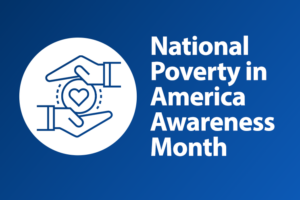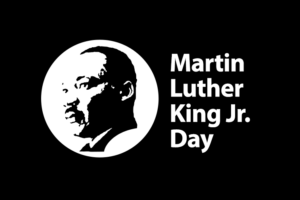Sarah Ford | September 23, 2014
Are Corporate Leaders Starting to Change ‘Business-as-Usual’?
Among the C-Suite executives at many of the world’s largest corporations, a new normal has started to take hold, according to Lucy Parker and Jon Miller, authors of “Everybody’s Business: The Unlikely Story of How Big Business can Fix the World”. Today’s senior leaders, they say, increasingly understand that their business’s role is as much to create social value as it is to deliver value to their shareholders. Exactly how companies can do that will be the emphasis of their keynote presentation at NAEM’s upcoming EHS Management Forum in Austin. We spoke with Lucy Parker to discuss the big ideas behind the book and to understand what impact this emphasis on social value creation could have on ‘business-as-usual.’
GT: Can you get us started by explaining how it is that you came to work on this topic?
LP: Jon and I are partners at the Brunswick Group, a global corporate communications agency that works on strategic communications for big companies. Through our 20 years of experience working with the C-Suite executives, we found that the communications challenges were expanding to include public affairs issues, government and regulators – and now wider social stakeholders. Senior management is now starting to consider their position on social issues.
GT: What is the central tenet of the book?
LP: With the hugely fast-moving, interdependent, two-way world that communications are these days, the question is no longer: How does a company put out a press release? The question is: How are you in dialogue with your critical audiences worldwide and how do you deal with the constant two-way interaction?
Our thesis is that these days big corporations need to be in touch with the demands of the wider stakeholders, and do so visibly. So how do they do that? And how do they understand what the challenges are coming from society? How do they position themselves strategically against that? How do they gear their strategies to what’s being asked of them by the entire range of stakeholders?
GT: How do you define social value? What does it encompass?
LP: One of the things we discuss in the book and one of the things we’ll talk about at the Forum is the Prism. Through the model of the Prism, what we’re saying is, ‘What is the business there for (its purpose)? What does it take to market (its products and services)? How does it take those products to market (its processes and practices)? Is there any discretionary activity that it’s adding on top that’s having a material impact (its philanthropy)? And what is its point of view on the issues in the wider world that represent a challenge to the business? If you look at companies in this way, this is how you see how they’re adding social value. It gives you a comprehensive way of looking at social value.

Get Resources and Insights Straight To Your Inbox
Explore More Articles
Open Position: Customer Service Coordinator (Remote-Part Time)
Position Title: Customer Service Coordinator (Remote – Part Time) Department: Charitable Funds Management Solutions We are a non-profit charitable organization looking for skilled individuals who…
Read ArticleGet Resources and Insights Straight To Your Inbox
Receive our monthly/bi-monthly newsletter filled with information about causes, nonprofit impact, and topics important for corporate social responsibility and employee engagement professionals, including disaster response, workplace giving, matching gifts, employee assistance funds, volunteering, scholarship award program management, grantmaking, and other philanthropic initiatives.




